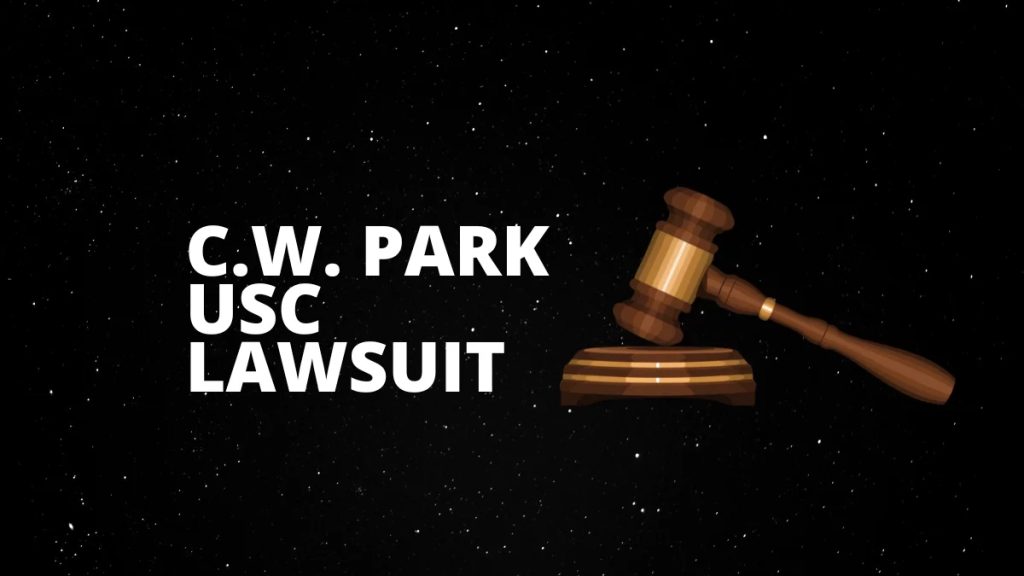Unveiling the C.W. Park USC Lawsuit: Allegations, Implications, and the Impact on Higher Education

In recent months, the University of Southern California (USC) has found itself at the center of a legal storm surrounding allegations against Professor C.W. Park. The lawsuit, filed by a group of students, has brought to light serious accusations of harassment, discrimination, and misconduct within the university’s esteemed business institution. As the case unfolds, it raises critical questions about the broader implications for education institutions in California and beyond.
The Allegations:
The lawsuit alleges a range of misconduct by Professor C.W. Park, a prominent figure in USC’s business faculty. The claims include instances of harassment, discrimination, and assault, which the students argue created a hostile learning environment. The nature of these allegations suggests a breach of trust and a violation of the university’s commitment to providing a safe and inclusive educational space.
The Legal Landscape:
The legal proceedings are taking place within the framework of California state law, which places a high priority on protecting individuals from harassment and discrimination in educational institutions. The students are seeking justice under state laws that prohibit such behaviors, and the outcome of this case could set important precedents for how universities address and prevent misconduct on their campuses.
The Implications for USC:
The USC lawsuit has immediate implications for the university, both in terms of its reputation and its commitment to providing a safe and supportive learning environment. The administration’s response to the allegations and the measures taken to address the situation will be closely scrutinized, potentially influencing the university’s standing among prospective students, faculty, and stakeholders.
Impact on California Universities:
The lawsuit against USC also has broader implications for higher education institutions in California. It underscores the importance of implementing robust policies and procedures to prevent and address harassment and discrimination on campus. Universities across the state may find themselves reevaluating their own practices to ensure they are fostering inclusive and respectful environments for all members of their communities.
Boilerplate Policies and the Need for Change:
The USC case highlights the need for universities to go beyond boilerplate policies and take proactive steps to prevent and address misconduct. A thorough review of existing policies, coupled with regular training for faculty and staff, is essential to creating an environment where students feel safe, supported, and confident in reporting inappropriate behavior.
The Role of Legal Advocacy:
The students bringing forth the lawsuit have enlisted the services of legal firm Sokolove Law to represent them in their pursuit of justice. This case showcases the critical role legal advocacy can play in holding institutions accountable for fostering a safe and inclusive educational environment. It also serves as a reminder of the importance of empowering students to speak up against misconduct.
Conclusion:
As the C.W. Park USC lawsuit unfolds, it brings attention to the serious challenges universities face in ensuring the safety and well-being of their students. The case has far-reaching implications for USC and other California institutions, urging a collective reexamination of policies, practices, and commitments to foster environments conducive to learning and personal growth. The outcome of this case may well shape the future landscape of higher education, emphasizing the need for continuous vigilance and proactive measures to prevent and address misconduct within academic institutions.





